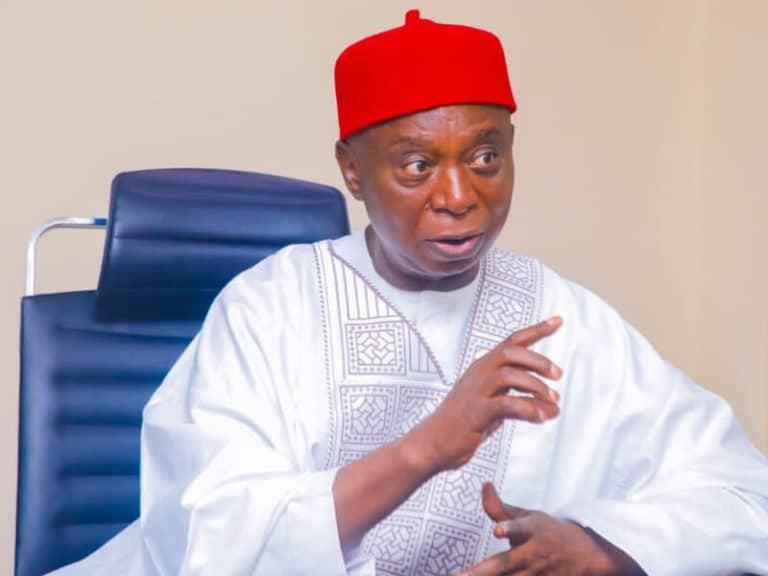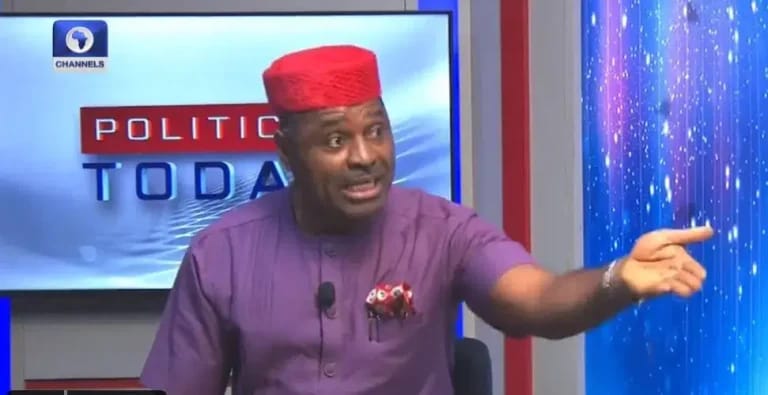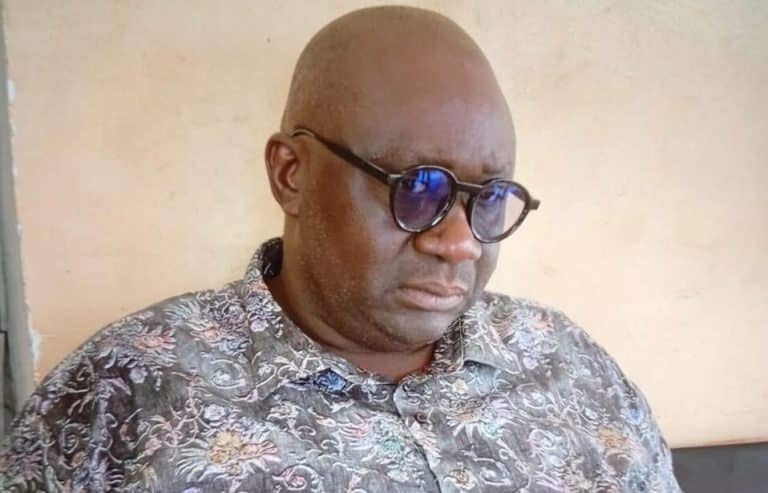The All Progressives Congress (APC) in Delta North Senatorial District is facing a deepening internal crisis following the controversial endorsement of Senator Ned Nwoko for a second term. The move, which was originally meant to solidify support for Nwoko, has instead led to a sharp division among party leaders and stakeholders.
The endorsement took place on June 14, 2025, at Nwoko’s country home in Aniocha North. It was made during a gathering attended by local government and ward chairmen from the nine local councils within the senatorial district. Among those present was the Delta North APC Chairman, Chief Adizue Eluaka, whose presence initially signaled legitimacy to the proceedings.
However, only days after the event, the endorsement began to unravel amid growing pressure from within the party. According to reports by Punch, unnamed stakeholders reportedly pushed Eluaka to withdraw his support. In response, he publicly disowned the endorsement and dissolved the forum responsible for the declaration of support for Nwoko.
Eluaka denounced the group that backed Nwoko’s second term bid as “unauthorised and unconstitutional,” emphasizing the need to re-establish order and proper procedure within the party’s organizational framework.
In a swift rebuttal, party leaders and elders from Aniocha North—Nwoko’s home local government—issued a statement strongly reaffirming their backing for the senator. They defended the legitimacy of the endorsement and accused opponents within the party of acting against the will of the people.
The statement, which was signed by various APC executives and party elders in Aniocha North, praised their local party chairman, Matthew Chinye, for refusing to join in rejecting the endorsement. It read, “We commend our chairman for standing on the side of truth and the will of the people. His principled stand against the misguided opposition within the party underscores his commitment to credible leadership.”
In his own response, Senator Nwoko defended the gathering and its outcome, characterizing the event as a legitimate monthly stakeholders’ meeting. He said more than 7,000 APC members were in attendance, including senior party officials such as the state chairman, the senatorial chairman, and all members of the State Working Committee from Delta North.
Nwoko claimed that all nine local government chairmen and their executives, as well as ward chairmen and party elders, were present. According to him, a vote of confidence was passed not only for himself, but also for President Bola Tinubu and the governor. He emphasized that when the motion was put to a voice vote, there was unanimous approval.
He added that three of the local government chairmen now opposing the endorsement were present at the meeting and raised no objections at the time. He alleged that the document they later signed to oppose the endorsement was done without consultation with their respective executives, thus undermining its credibility.
“These three recalcitrant local government chairmen were there and didn’t object,” Nwoko stated. “The document they signed was without consulting their local government executives. They are not in any position to challenge the endorsement.”
The situation has exposed deep-seated factionalism within the Delta North APC and could have long-term implications for party unity ahead of the 2027 elections. Analysts believe the unfolding events may weaken the APC’s position in the region if the party fails to resolve its internal disputes.
The disagreement reflects broader issues within the party about leadership loyalty, candidate selection, and internal democracy. While some members see Nwoko’s endorsement as a reflection of grassroots support, others view it as a breach of party processes and an attempt to prematurely lock down the senatorial seat.
For now, the Delta North APC remains fractured, with no clear consensus on whether the endorsement will stand. The coming weeks may be crucial as both sides maneuver for influence and legitimacy within the party’s hierarchy.





